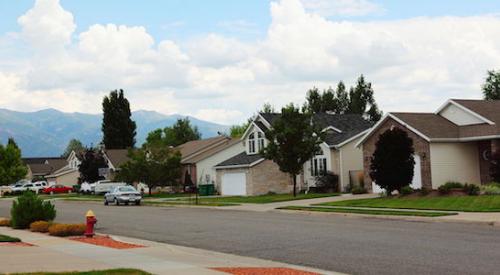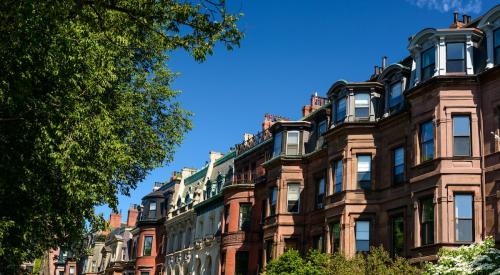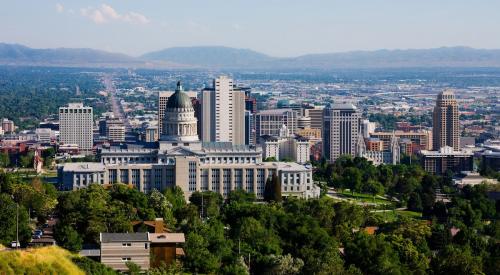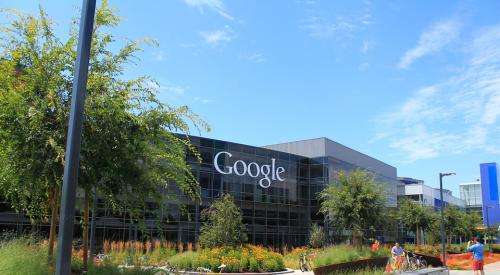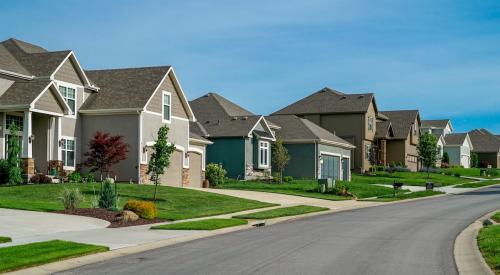Winston-Salem, N.C. is painting itself as a biotech innovation hub in an attempt to close the growing income gap between mid-sized cities and larger metros, the New York Times reports.
Winston-Salem’s predicament reflects a larger social and economic challenge: the widening gap between a limited set of successful cities — which draw both highly educated workers seeking well-paid jobs and high-tech companies that want to employ them — and pretty much everywhere else.
This new pattern of economic development amounts to a fundamental break from the decades after World War II, when poorer and generally smaller cities were catching up with richer, bigger places. In recent years, this convergence stopped. Many midsize cities and small towns that found manufacturing-based prosperity in the 20th century have lost their footing in the tech-heavy economy of the 21st.
The critical question is whether midsize cities are doomed to stagnation. Can Winston-Salem hitch its future to new engines of economic growth? With its Innovation Quarter and its Institute for Regenerative Medicine, it wants to say yes. But it doesn’t really know.

